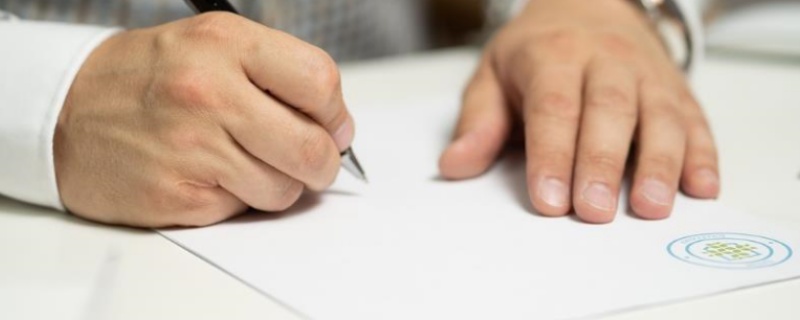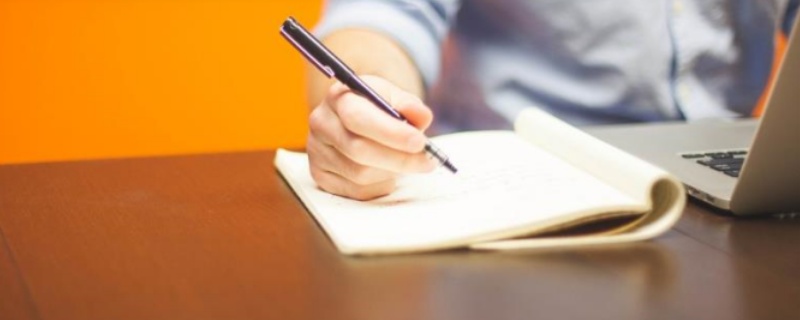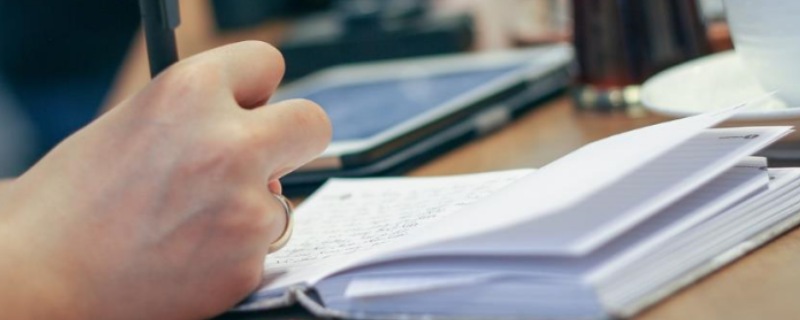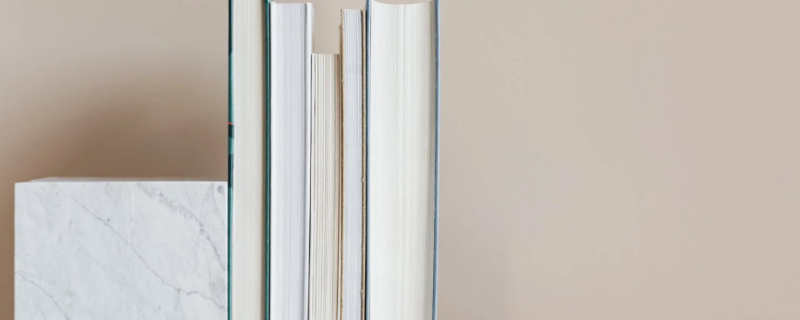形容词::discoverable
名词::discovery
过去式::discovered
过去分词::discovered
现在分词::discovering
第三人称单数::discovers
"She detected high levels of lead in her drinking water"
"We found traces of lead in the paint"
"I learned that she has two grown-up children"
"I see that you have been promoted"
"Roentgen discovered X-rays"
"Physicists believe they found a new elementary particle"
"She found that he had lied to her"
"The story is false, so far as I can discover"
"the archeologists chanced upon an old tomb"
"she struck a goldmine"
"The hikers finally struck the main path to the lake"
"The auction house would not disclose the price at which the van Gogh had sold"
"The actress won't reveal how old she is"
"bring out the truth"
"he broke the news to her"
"unwrap the evidence in the murder case"
"Who discovered the North Pole?"
后来发现他原来是间谍。
The fact is that he did not discover it.事实是他没有发现它。
I discovered him kissing my wife.我撞见他在吻我的妻子。
We discovered that our luggage had been stolen.我们发觉行李被偷了.
One discovers his ignorance only through learning.学然后知不足.
He now discovers that they have been going south instead of north.他这时才明白过来,原来他们一直向南而不是向北航行.
Finishing their shopping at the mall, a couple discovers.一对夫妇在一家大卖场里买完东西出来时, 发现.
The 3 rd day, host discovers the crow also died.第三天, 主人发现乌鸦也死了.
Classic economy school discovers 19 century England labor theory of value.劳动价值论是19世纪英国古典经济学派发现的.
Update packets are used when a router discovers a new neighbor.当路由器发现新的邻居时用到更新包.
Emilio discovers that he has the ability to run incredibly fast.埃米利奥发现自己有一种特殊的能力,跑步非常快.
If the enemy discovers our whereabouts, we are goners.如果让敌人发现我们在哪儿, 我们就没命啦.
His this ability discovers, entered between personal fluster oneself so female lavatory.他这才发现, 原来自己慌乱间进了女厕.
And, atlast, an instrument with an Italian name discovers its Italian soul.并且, 最终, 这种意大利式乐器发现了意大利的灵魂.
The car that discovers him by person crack up.发现他的汽车被人撞坏了.
With love Peh Chinhua discovers the omnipresent beauty in this world.白振华的诗有着睿智的哲思和生活的智慧.
He discovers this assemblyman also is watched beside him.他就发现这位议员也在他身边观看.
He makes his way to Monte Cristo and discovers the treasure.他使他的方法,并发现基督山的宝藏.
Along the route of his travels, Rob discovers mystical ways of healing.沿途游记, 抢发现神奇的治疗方法.
The Prince discovered to Claudio that he loved my niece.
出自:Much Ado about Nothing,ShakespeareThey contain some secrets which Time will discover.
出自:J. Davies误 I discovered swimming in our pool.
正 I discovered them swimming in our pool.
析 discover不可接动名词作宾语,但可接以现在分词充当补足语的复合宾语。



